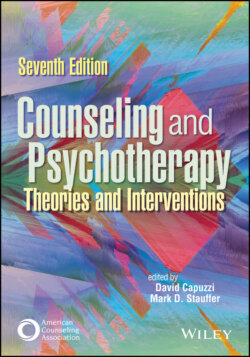Читать книгу Counseling and Psychotherapy - Группа авторов - Страница 99
Relational Ethics
ОглавлениеCounselors abide by the ACA Code of Ethics (ACA, 2014) and use a decision-making model in ethical practice (Remley & Herlihy, 2019). Counselors utilizing an RCT framework recognize that principle ethics may be disconnecting and represent a power-over dynamic. By contrast, relational ethics accounts for the mutuality in the counseling relationship and honors shared decision-making. Does this mean there are no boundaries or ethical processes in relational ethics? Birrell and Bruns (2016) addressed this question:
In RCT, no proposition is evident that advocates for a casual ethical stance or one that privileges the client’s voice over the counselor’s voice, the ACA Code of Ethics (2014a), or the legal system. However, inherent in RCT is a stance against disconnected, separate-self decision making. (p. 395)
A collaborative and mutual ethical decision-making process honors the ACA Code of Ethics (ACA, 2014) that places a client’s welfare as the foundation for ethical counseling practice.
